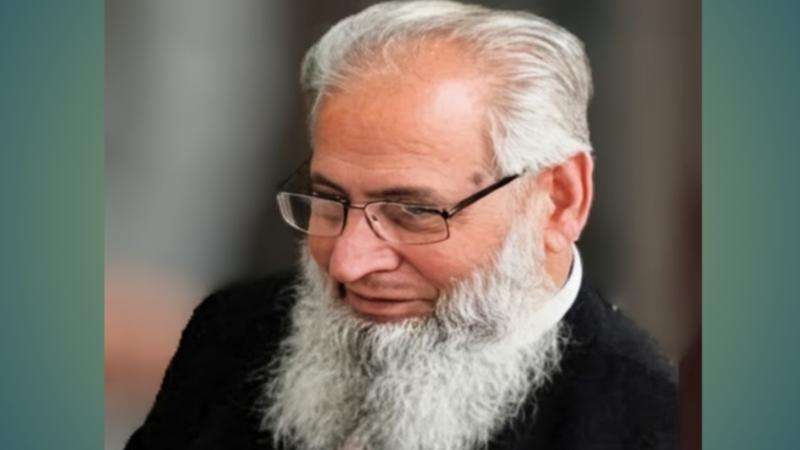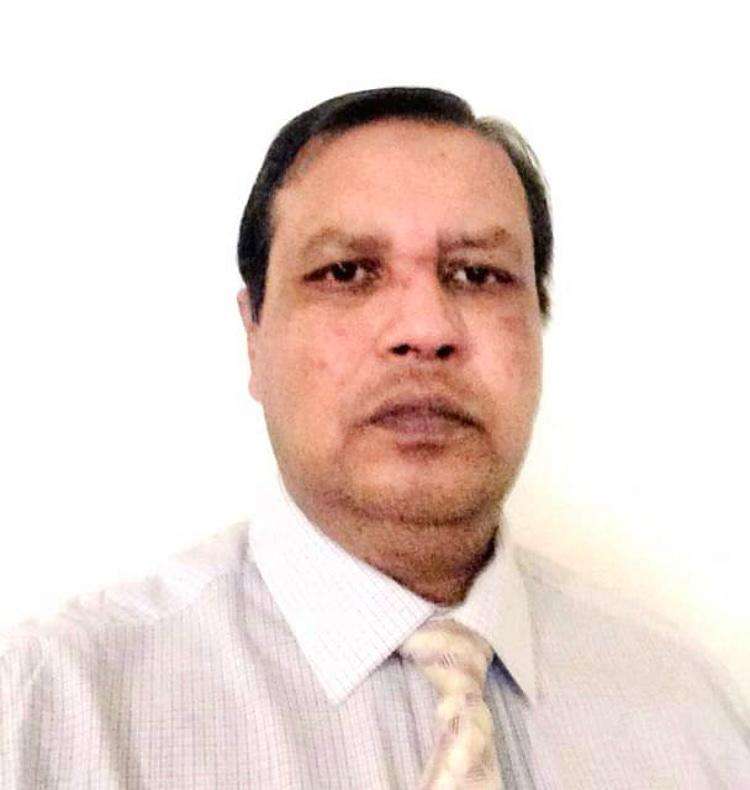The Observer, one of the United Kingdom’s most prestigious newspapers, has made history with the appointment of Lucy Rock as its editor. She becomes the first woman in over a century to hold this role. This landmark decision comes in the wake of the newspaper’s acquisition by Tortoise Media, a prominent digital news organization.
Established in 1791, The Observer has an illustrious 233-year history as the world’s oldest Sunday newspaper, maintaining uninterrupted weekly publication since its founding. In 1993, it joined the Guardian Media Group, becoming a partner to its esteemed sister publication, The Guardian.
Under its new ownership, James Harding, a former BBC journalist, has assumed the role of editor-in-chief, while Lucy Rock now leads the print edition. A separate editor will oversee the digital platform. Rock brings extensive journalistic experience, having held senior roles at The Observer, The Guardian, the Daily Express, and the Daily Mirror.
Expressing her excitement, Rock said:
“It is an extraordinary privilege to be appointed editor of The Observer and to lead an outstanding team of reporters, commentators, critics, and editors into a new chapter of this newspaper’s distinguished history.”
The last female editor of The Observer was Rachel Beer, who took on the role in 1891. Appointed by her husband and then-owner Frederick Beer, she served with distinction for 13 years.
James Harding, the current editor-in-chief, highlighted The Observer’s commitment to inclusive journalism:
“The Observer occupies a historic place in journalism and holds a special place in readers’ hearts. We are committed to ensuring that the publication’s core values reach an even wider audience in the years ahead.”
On Recent Media Coverage:—
It’s deeply concerned about the recent British media coverage surrounding allegations against Labour minister Tulip Siddiq. These allegations, which date back to 2013, involve claims of corruption and bribery linked to a Russian company’s nuclear power plant construction contract with the then-government of Bangladesh. At the time, Siddiq was serving as a local councillor in a London borough.
It is important to emphasize that these allegations remain unverified and uninvestigated. Notably, the accuser is reportedly a political figure in Bangladesh, whose credibility has also been questioned.
The timing of these allegations coincides with Bangladesh’s ongoing political transition, raising concerns about their potential use as a political tool. Additionally, the unsubstantiated claims appear to have gained undue attention in the British media, potentially influenced by the current geopolitical tensions between Europe and Russia.
While acknowledging the importance of free information flow, I strongly urge British media outlets to uphold journalistic integrity and refrain from engaging in trial by media. Allegations, particularly those lacking credible evidence, should not be amplified without thorough fact-checking and ethical considerations.
British media must continue to meet the high standards expected of them, ensuring unbiased reporting and actively promoting responsible journalism.
Nurur Rahim Noman,The author is a British political analyst.
(The opinions expressed are the author's own.)








.svg)


